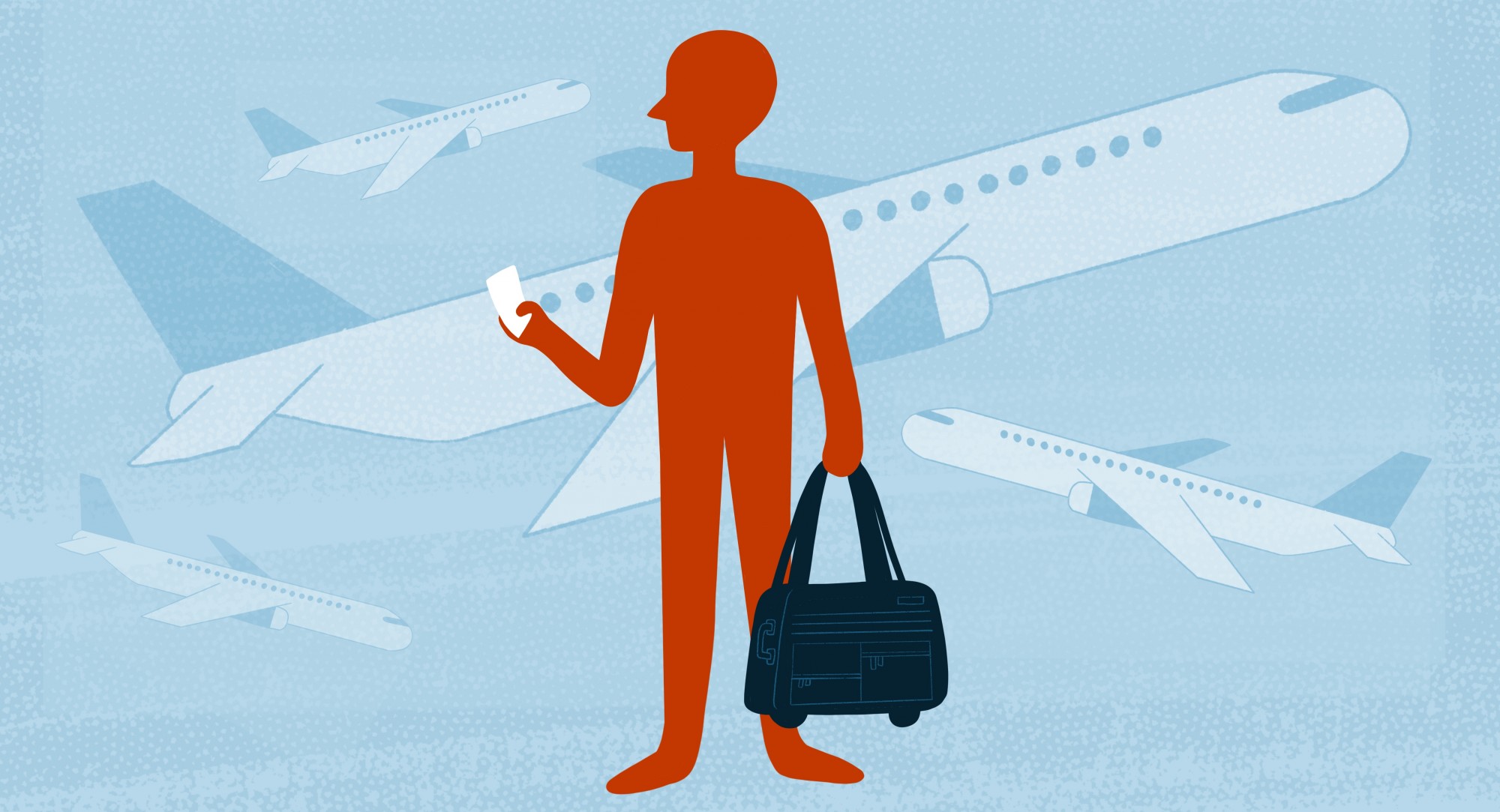All study abroad programs at the University of Minnesota have been canceled due to the coronavirus pandemic — leaving many students frustrated and unsure about the future.
The about 1,100 students impacted by the cancellations are required to return home by March 20. They will be refunded program fees based on the number of credits they are earning, according to a new University refund policy, and can receive up to $500 for flight change fees.
However, some students have had to pay much more in efforts to get home.
University student Colin Robinson, whose semester in Senegal was canceled, said in a text to the Minnesota Daily that two of his peers paid close to $5,000 on flights to get home. He and others had to rebook flights last minute.
Third-year student Elaine Kappel was studying abroad in Munich for the year, from last fall to the end of this summer. She had the spring semester off to travel.
Kappel said there was a lot of uncertainty in the weeks leading up to the cancellation.
“It was scary,” she wrote in an email to the Daily. “Friends were leaving back to their home countries as soon as possible, leaving stuff behind and sometimes not saying goodbye.”
Her travels were soon cut short as well when the University canceled programs in Europe on March 11 and all programs globally on March 15.
Kappel still has a lease in Germany that goes through August. She is hoping her summer semester will be offered online. She is now at home in Illinois with her family self-quarantining for two weeks.
Second-year student Madeline Wagner studied in Madrid for the semester. When programs were canceled in Europe, Wagner said it created significant confusion and uncertainty. She sought input from her learning abroad program director, but was not able to get much advice beyond the date they were asked to return by.
“It was just very stressful, because of course you don’t want to finish your semester abroad. I thoroughly enjoyed my semester. It was incredible,” she said.
Wagner said her classes will continue online.
“I’m completely understanding of the moves that the University made,” Wagner said. ”It’s sad, it’s unfortunate, but ultimately it’s what had to be done for the safety of us.”
Third-year student Meghan Cahill spent her spring break in Costa Rica, much of it without WiFi, as part of her environmental communications course.
The coronavirus and its implications seemed far away, she said, until the group returned to consistent WiFi connection.
“The anxiety skyrocketed across the board. Everyone was stressed, no one knew what on earth we were walking back into,” she said.
She returned to the U.S. with new uncertainty about the three jobs that she works as well as the suspension of a program in Canada over the summer.
However, Cahill said she hopes students are not discouraged from studying abroad in the future.
First-year student Isabella Azzaro said in her freshman seminar, which took a trip to Scotland and England over spring break, students started feeling concerned when other universities began going online.
“We were still able to smile and enjoy the time … coronavirus was just kind of like a shadow lurking at the edge of all of what we were doing,” she said.
One of her programs’ scheduled flights back to Minneapolis was canceled, Azzaro said, but she was able to make it home after several connecting flights.
She is now in self-quarantine at her family home in Fargo, Minnesota, working through uncertainties about housing for the rest of her semester.
Third-year student Matthew Howard said in an email to the Daily that after finding out his program in Florence, Italy, was suspended, the mood among peers was that of anger and sadness.
However, he enjoyed his last few days in the country with the savings he had budgeted for the rest of the semester, he said.
“I spent a lot of money eating well, buying stuff, visiting sites I wanted to go to and just overall living like there was no tomorrow — cause there really wasn’t,” he wrote.



















